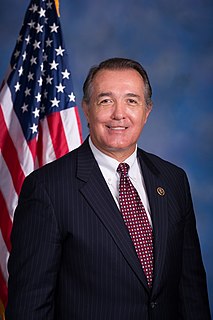A Quote by Michael Steele
We have a lot to gain through furthering stem cell research, but medical breakthroughs should be fundamentally about saving, not destroying, human life. Therefore, I support stem cell research that does not destroy the embryo.
Related Quotes
In science there is something known as a stem cell. A stem cell is an undifferentiated cell which has not yet decided whether it's gonna be a cell of your brain or a cell of your heart or of your finger nail. But science is learning how to coax, how to manipulate, the raw material of life that we call stem cell to become any cell of the body. I think that God is the stem cell of the universe.


































